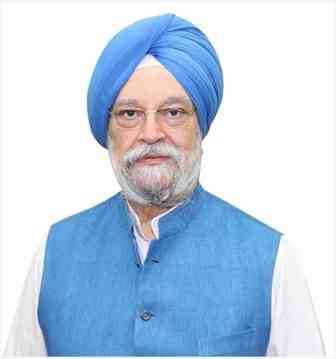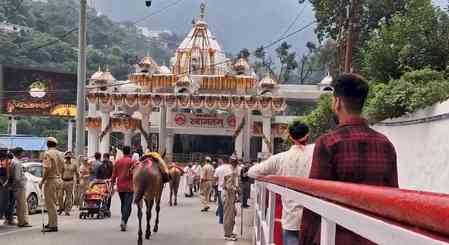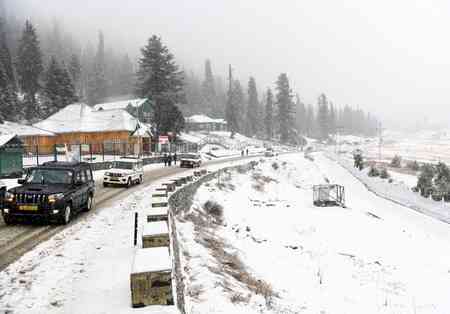OPINION: Labour Day- Political parties must stop using labourer as tool for personal interests
Ist May is celebrated as Labour Day and on this day, tall claims for the welfare of labour are made but with the pass of the day, all these promises become a part of routine life. In fact, the white flag an indication of peace turned into red...
Ist May is celebrated as Labour Day and on this day, tall claims for the welfare of labour are made but with the pass of the day, all these promises become a part of routine life. In fact, the white flag an indication of peace turned into red revolutionary flag, with the death of several people and police officers on 4th of May at Chicago bomb blast.
The history of the Labour Day dates back to May 1, 1886. On this day, labour unions in the United States of America decided to go on a strike with the demand that workers should not be allowed to work more than 8 hours a day. This strike was followed by a bomb blast in Chicago’s Haymarket Square on the 4th of May. This led to the death of several people and police officers. In addition, more than 100 people were injured in the blast. Although the protests in the U.S. didn’t lead to any immediate result, yet it helped establish the 8-hour work day norm in India and other countries in the world.
The persons charged, and sought to be hanged, were leaders of various trade unions of Chicago, accused of killing policemen during the protest rally being held by the workers, demanding an eight hours working day, instead of the prevalent 10, 12, 14 hours working day. By the 1880s, Chicago was the fastest growing city in the US. Since then, the Labour Day is observed as the day for parades and demonstrations all around the globe.
The labour in India consists of about 487 million workers, the second largest after China. Of these over 94 percent work in unincorporated, unorganized enterprises ranging from pushcart vendors to home-based diamond and gem polishing operations.
India has numerous labour laws such as those prohibiting discrimination and child labor, those that aim to guarantee fair and humane conditions of work, those that provide social security, minimum wage, right to organise, form trade unions and enforce collective bargaining.
While the Indian economy is booming, there is evidence that workers are not partaking in the boom adequately. Employment is not growing as fast as working age population, nor are wages rising as rapidly as per capita income.
There are many reasons for this – some to do with forces of globalisation that are beyond the Indian government’s policy reach. But much of it has to do with the ‘culture’ that pervades our labour markets, which in turn is a consequence of the complicated and ill-conceived laws that govern the labour market.
In India there are 45 laws at the national level and close to four times that at the level of state governments that monitor the functioning of labour markets. They were meant to control conflict and keep the labour market efficient.
Unfortunately, the experience has been to the contrary.
The wages of Chinese workers are rising much faster than that of India’s. These facts are not unrelated. Flexibility in hiring and firing is not the only problem. India’s complex web of legislation leads to a system of dispute resolution that is incredibly slow. If India is to be a vibrant global economy, this has to change.
Much of the debate on labour laws has been misconstrued. We do not need changes in labour laws and policy to elicit sacrifice from organised labour, as some economists have suggested. Indian workers, whether they are in the organized sector or the unorganised sector, are too poor for that.
We need changes in order to create greater private-sector demand for labour, which will boost wages and employment.
In fact, we have to think over the system that makes room for more flexible contracts in the labour market, has a minimal welfare net for workers who are out of work, and resolves labour market disputes more quickly.
The Wikileaks has exposed number of countries in the world and there is need to unite to make a unanimous view by standing against the illegal and undemocratic attitude of imperialistic
The future of human-being has become a victim of dangers. The purpose for which the movement was started in Chicago has lost. The labour class must work honestly keeping themselves away from the politics. Similarly, the political parties should stop using the labour class as a tool for the personal interests rather come forward to formulate the welfare schemes for them to provide the basic amenities like free education to their children, houses, free health services besides enactment of law against the institutions exploiting the labour class to make the celebrations of Labour Day in real sense. .
(Disclaimer: The views expressed by the author in this article are his own and do not necessarily reflect the views of City Air News.)


 cityairnews
cityairnews 










